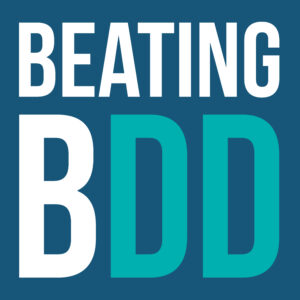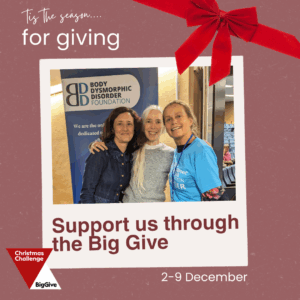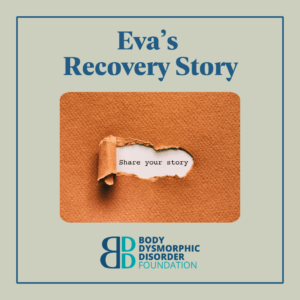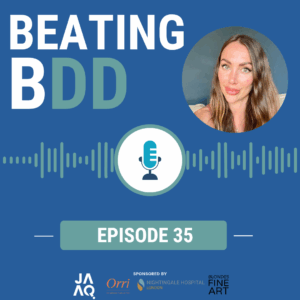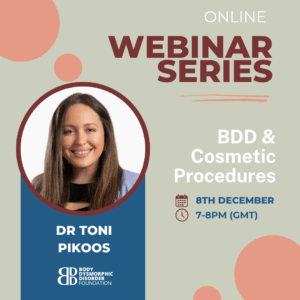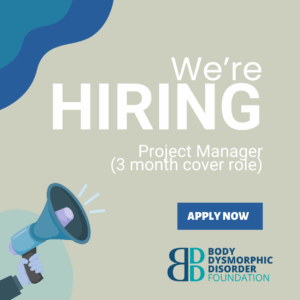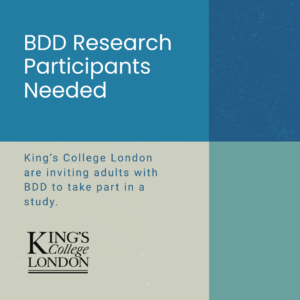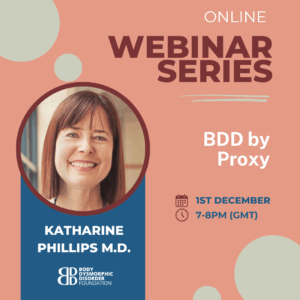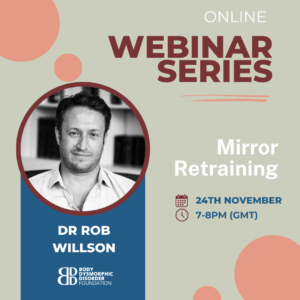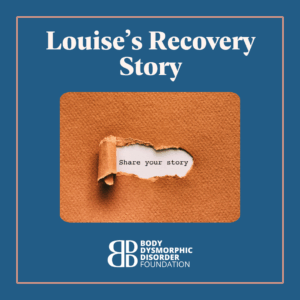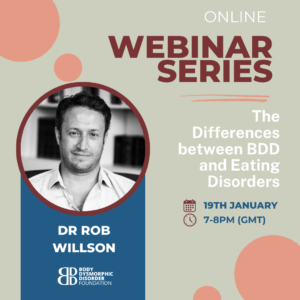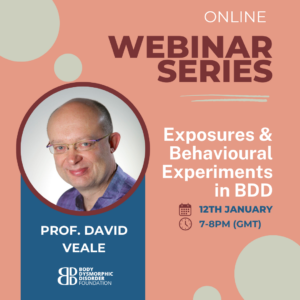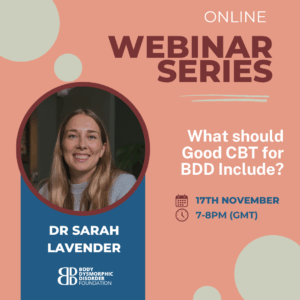I do believe that if he had got the answer he so desperately needed – a diagnosis – then maybe I wouldn’t be writing this testimonial about him now. My hope is that through raising awareness about this condition, hopefully others will find their answer.
My brother Martin Joseph McAnulty was 22 when he committed suicide on the 24th November 2010. At the time he passed, neither Martin nor his family had heard of the debilitating condition called Body Dysmorphic Disorder. But those of us who loved him sought an explanation for his suicide, and the note he left us, from a psychiatrist. And so my experience of this condition comes not from living with someone diagnosed with it, but from grieving and trying to understand my brother after he had passed.
“It’s hard to imagine that someone so apparently outgoing could be suffering from such a condition”
Martin was an intelligent, normal ‘lad’ who participated in activities typical of any boy his age, such as going out with his mates, playing football, supporting a football team (Tottenham) and spending time with his family. He studied Creative Writing and Journalism at St Mary’s University, and was involved with the university newspaper. It’s hard to imagine that someone so apparently outgoing could be suffering from such a condition. But after he passed we realised that he had been suffering alone, and in secret.
On the night he died Martin came home to see my mum, dad and sister. I was living at university, so missed seeing him that final time. They thought it was unexpected that he had come home from university. But he explained that he was going to visit a friend, and so thought he would pop in and say hello. Martin spent time with my mum, dad and sister separately. Looking back they can see that he acted in a way that was unlike him. He declined the radiator key my dad had offered him for his uni house, despite needing it, and asked our mum if she was proud of him. Then, instead of visiting a friend like he said, Martin went to a nearby field and sadly killed himself. It was a passerby that noticed Martin and called the police.
Once he was identified the police came to our house and informed my mum that Martin had died. His family was called home, where we were told what had happened. The police gave us a letter written on Martin’s laptop that they had printed off for us to read.
‘The reasons for doing this are because I cannot live with my scarred nose anymore. I have tried oils, creams and anything else I can put on it. The condition of my nose is progressively worse at time of writing; skin is peeling off and it hurts when I move it the slightest bit. I cannot shower properly as my nose ends up in excruciating pain and whenever water or sweat goes on my nose, more skin peels off.
‘When I was looking in the mirror all the time it was not because I was vain, but scared. I was worried and petrified at the state of my nose. Whenever I asked for help I hit a brick wall. I was told “don’t be silly I can’t see anything”, or “stop being vain stop looking in the mirror”. No-one offered me real honest advice, maybe out of politeness, but it didn’t help.
‘I’ve had enough of fighting and battling my issues, instead of ‘manning up’, I’m giving up. I’m a beaten, broken man, in the words of Shawshank redemption, “Get busy living or Get busy dying.” I’ve chosen to do the latter.’
“At this point none of us could understand how he could have done something so awful over something we felt to be insignificant and non-existent”
This was a portion of what Martin wrote in his final letter. He also wrote of the love he felt for his family. At this point none of us could understand how he could have done something so awful over something we felt to be insignificant and non-existent. It was only when my auntie Elizabeth, who worked in health care for many years, did some research into the symptoms Martin describes above and other feelings he wrote of in the letter that she came up with an answer. We contacted Dr David Veale, a psychiatrist with expertise in BDD. He agreed that Martin had been suffering from the condition. In some ways my aunt gave us a gift: we might not have closure on the fact of his death, but we have an answer to the question of why he felt he had no choice but to die.
Nevertheless, the pain we feel individually and as a family is one that is difficult for me to describe. We are completely heartbroken and helpless. I sometimes try to put myself in his shoes and understand the suffering he went through alone, but it is impossible, as I can’t experience what he felt. Looking back, Martin had shown signs of body dysmorphia. But they were so intermittent, and so secretive, that it was impossible for us to see what was wrong. He did things such as shaving the top of his eyebrows when he was 14, asking me to apply makeup to his spots, and staring in the mirror for long periods of time.
It has been hard to come to terms with the fact that he died from a condition we’d never heard of, and at times my mum feels unsure he did die from it, since it was never diagnosed. But this is like saying the thousands of men who have died from undiagnosed prostate cancer didn’t really die from it. Martin went to the GP to ask for help with his nose before he passed away. He was given steroid cream, but of course this wasn’t what he needed. I don’t blame the GP for not knowing that Martin had been suffering mentally, because I don’t think he knew either.
With support from our amazing family, supportive friends and counselling, we started our journey towards understanding his death and the way in which Body Dysmorphia affected him. Martin made his choice, and none of us could have prevented what he did. I do believe that if he had got the answer he so desperately needed – a diagnosis – then maybe I wouldn’t be writing this testimonial about him now. My hope is that through raising awareness about this condition, hopefully others will find their answer. I believe that if Martin’s experience helps to save others, then his death wasn’t in vain.
More stories from the community
